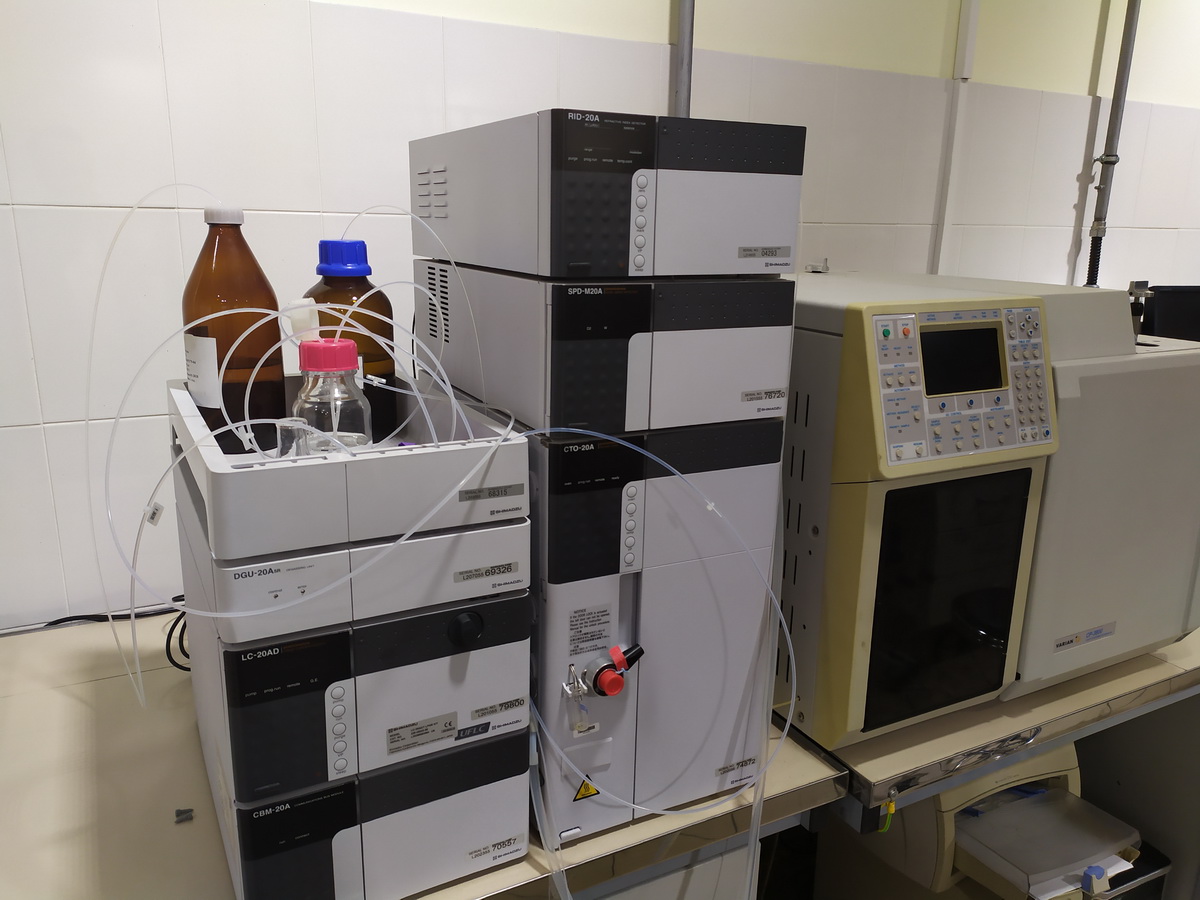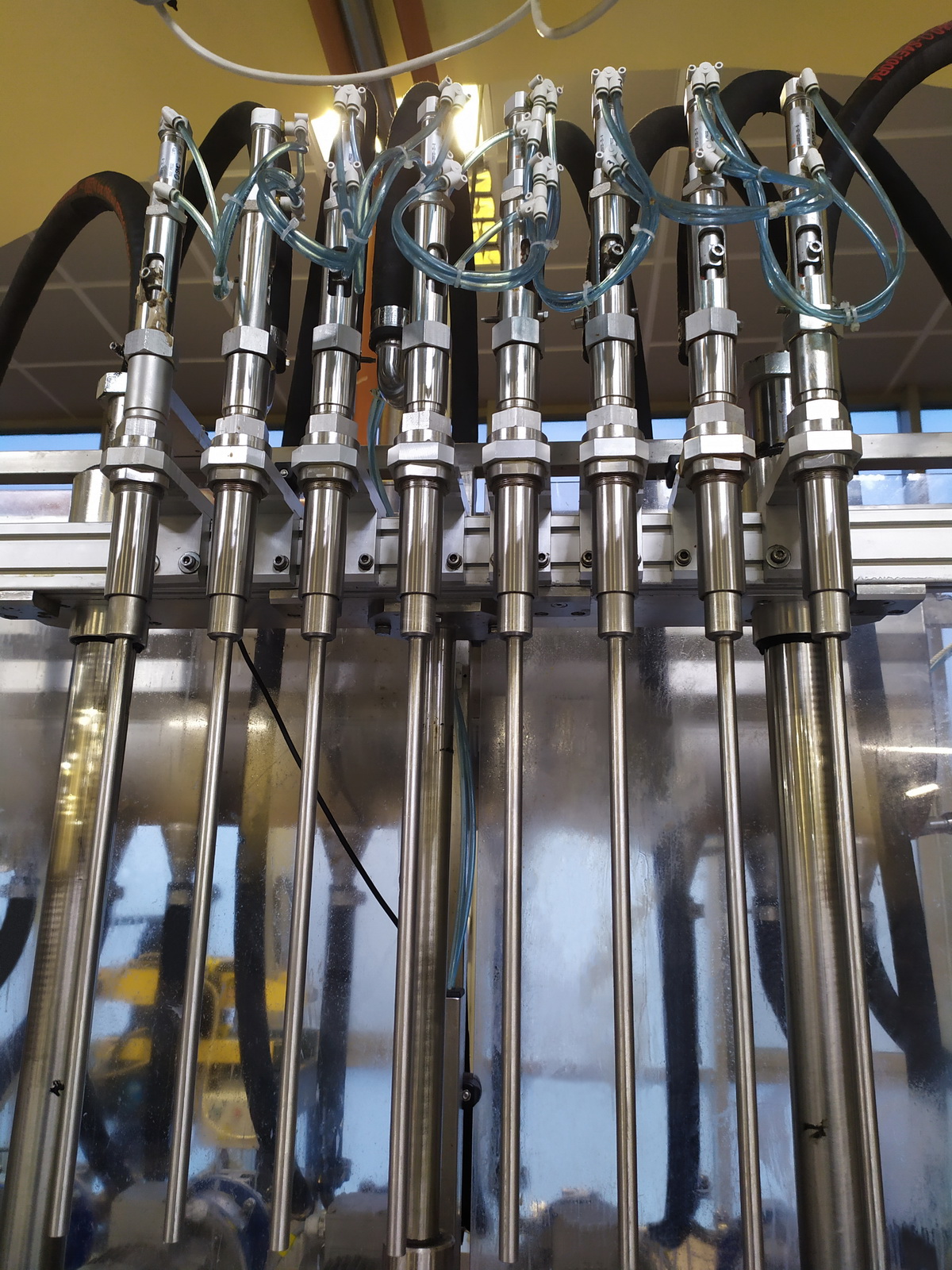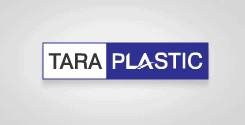
Import substitution industrialization boosts contract manufacturing of fuels and lubricants in Russia. Gas stations, car repair shops, car customizing and detailing shops offer their original product capable of competing with imported goods that have been quite expensive as of late. Plus, as they do not have to spend on marketing and promoting ‘their labels’ they can set their prices quite low, this being a decisive factor for certain categories of customers when they choose lubricants and other car detailing supplies.
Launching your own product line aided by contract manufacturing of lubricants
Contract manufacturing of lubricants is offered by two categories of enterprises – specialized contract manufacturers and factories leasing facilities they do not use. If you are yet to create your original brand and only thinking about launching it, you are better off with partners from the first category.Specialized contract manufacturers offer a full range of services for launching an original product line. However, if you just lease facilities of the operating plant you will have to handle all the issues regarding trademark registration, formulation, etc. yourself or have to find contractors.
When it comes to Delfin Industry, the customer is only required to give some input at a concept development stage and when each phase needs to be approved. We handle everything else – from technology development to delivering finished product to stores.
 In general, the process of turnkey contract manufacturing of lubricants goes as follows:
In general, the process of turnkey contract manufacturing of lubricants goes as follows:
1. The customer comes with an idea, e.g. to develop an original motor oil to be sold at specific gas
stations.
2. The manufacturer develops technical specifications, draws up required documents for
trademark registration, and creates formulations and packaging design.
3. Once everything have been approved, the manufacturer contracts raw material suppliers, starts
production, prepacks finished product.
4. Delivery of finished products to a warehouse or directly to customer’s stores is also something
the manufacturer does.
In the meantime, the customer may run an advertising campaign for a new product line, yet it is not
mandatory. When a product is exclusive, especially if it is sold in specific stores and costs less than its
widely advertised alternatives or is better than alternatives in some way, customers will not miss it
anyway.



